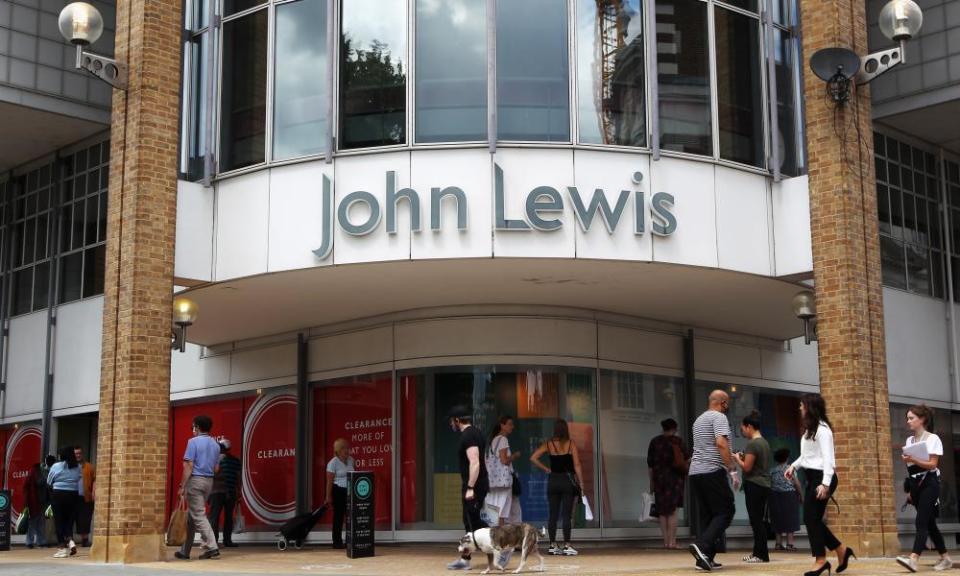John Lewis drops ‘never knowingly undersold’ pledge

John Lewis is ditching its “never knowingly undersold” price match pledge after almost a century, saying it had lost relevance at a time when it faces stiff competition from online retailers such as Amazon.
The staff-owned department store chain said it had made the decision to retire the well-known slogan this summer because its price promise did not apply to online-only retailers, and shoppers were increasingly buying online.
John Lewis said it would, however, invest £500m in lowering prices to offer customers “everyday quality and value” at a time when consumers are facing a squeeze on disposable incomes as bills rise and pay growth fails to keep pace with inflation. It will also expand its Anyday cut-price range.
Under the never knowingly undersold slogan, which John Lewis introduced in 1925 , the chain commits to refund customers the difference if they find the same item on sale elsewhere for a lower price within 28 days. The retailer first revealed the pledge was under review in March 2020, a month after Sharon White joined as chair. Analysts said John Lewis was likely to introduce a new marketing slogan when the NKU pledge was phased out this summer.
Department stores are facing heavy competition from Amazon and other online specialists and the never knowingly undersold scheme cost millions of pounds, as the retailer was forced to cut prices whenever a rival held a sale.
The change in tactics comes amid increasing pressure from inflation, driven by increases in the prices of energy, raw materials and transport, which has made shoppers increasingly price conscious.
Pippa Wicks, an executive director of John Lewis, said: “Customers are tightening their belts and we’re responding so John Lewis is more affordable for every customer, every day, whether shopping in-store or online.
“Never knowingly undersold has been a cherished sign of trust for John Lewis for a century but it doesn’t fit with how customers shop today as more purchases are made online. Our new £500m investment means all our customers can trust they’re getting the quality, style and service they expect from John Lewis at great value prices.”
John Lewis said it expected to invest more in its Anyday cut-price range, which it introduced in April last year and which has notched up £125m of sales since then. John Lewis said a quarter of the 2 million shoppers who had bought the brand over the past nine months were new to its stores. This year the brand will extend to swimwear, children’s clothing and an extended range of outdoor furniture.
Nick Bubb, an independent retail analyst, said the change was “long overdue, as a policy devised back in 1925 was hardly likely to last long into the internet age and nobody quite understood what it meant anyway”.
He expects John Lewis to protect its profit margins despite the increase in investment on price and quality promised by the business.

 Yahoo Finance
Yahoo Finance 